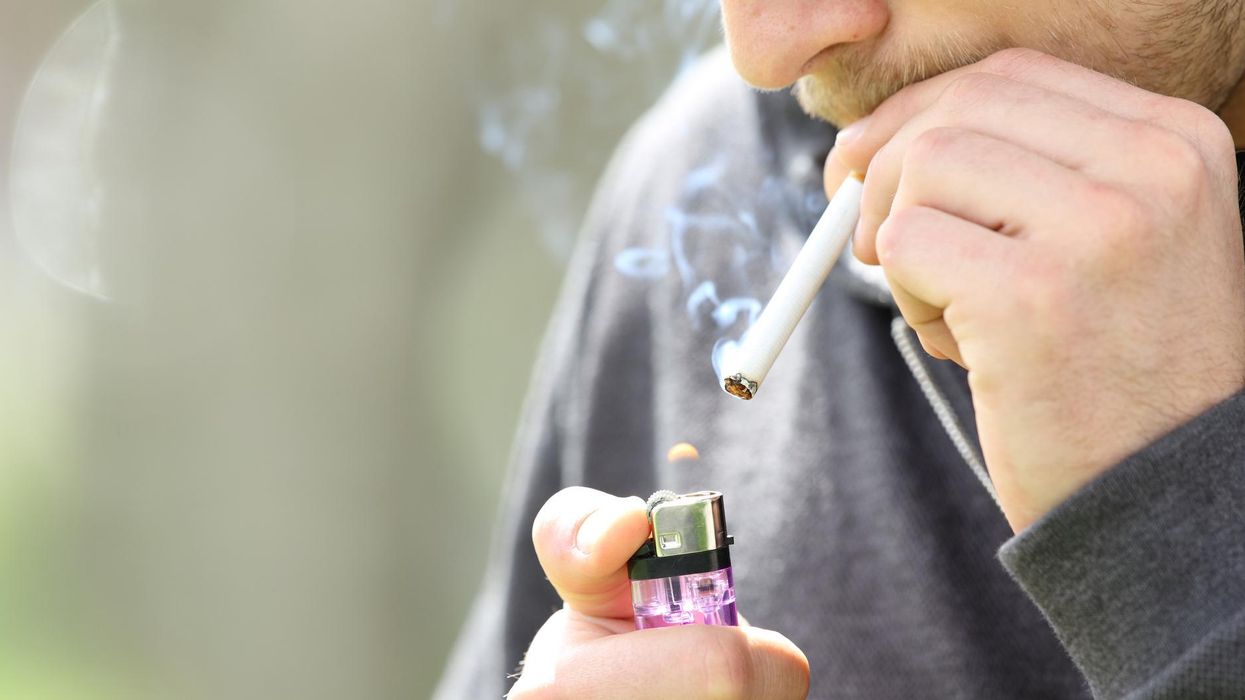News
Louis Dor
Jan 10, 2018

Picture:
Getty Images/iStockphoto
Maybe your New Year's Resolution was to quit and you haven't kept to it as you should.
Let's give you some motivation.
The average smoker, according to the NHS, has 13 cigarettes a day. That's a £141 a month habit - £1,696 a year.
If you give up smoking you'll enjoy the taste of food more, your fitness will improve, your skin and teeth will improve, your fertility levels will rise and, as we have covered, you'll be richer.
You'll also minimise your risk of cancer and you'll stop exposing your friends to second-hand smoke.
Those are the benefits - here's the hard part.
You'll go into withdrawal and it's going to be tough.
Nicotine creates a chemical dependency so your body develops a need for a certain level at all times.
Withdrawal symptoms are unpleasant and stressful, and you can expect to eat more to compensate. Commonly ex-smokers gain between 3-4kg long term.
However, it's part of the process of getting yourself off the nicotine, which comes with benefits.
Here's a run by of the hour-by-day-by-month-by-year symptoms, according to the NHS:
- 20 minutes - your pulse rate returns to resting from your last smoke.
- 8 hours - Nicotine and Carbon Monoxide levels in the blood reduce by more than half. Oxygen levels return to normal. You'll feel cravings and withdrawal begins to really kick in.
- 24 hours - your anxiety and stress levels peak due to withdrawal.
- 48 hours - Carbon Monoxide leaves the body and lungs start to clear out mucus and debris. Nicotine is gone and your taste and smell senses improve.
- 72 hours - breathing becomes easier. Energy levels increase.
- 2-12 weeks - your circulation gets better. You'll be over the worst of the withdrawal but you may experience a cough as your lungs clear up.
- 3-9 months - you cough and wheeze less. Lung function increases by up to 10 per cent.
- 1 year - risk of half disease halves compared to a smoker.
- 10 years - rick of lung cancer halves compared to a smoker.
- 15 years - risk of heart attack falls to the same level as a non-smoker.
It's a long road, but it's a great destination. To start quitting you can sign up to the NHS' app here or look at local and GP services here.
More: This is what happens to your body when you stop smoking
Top 100
The Conversation (0)













